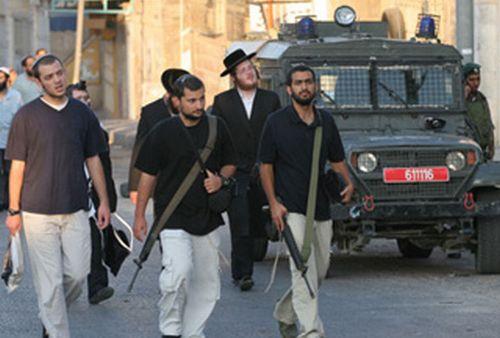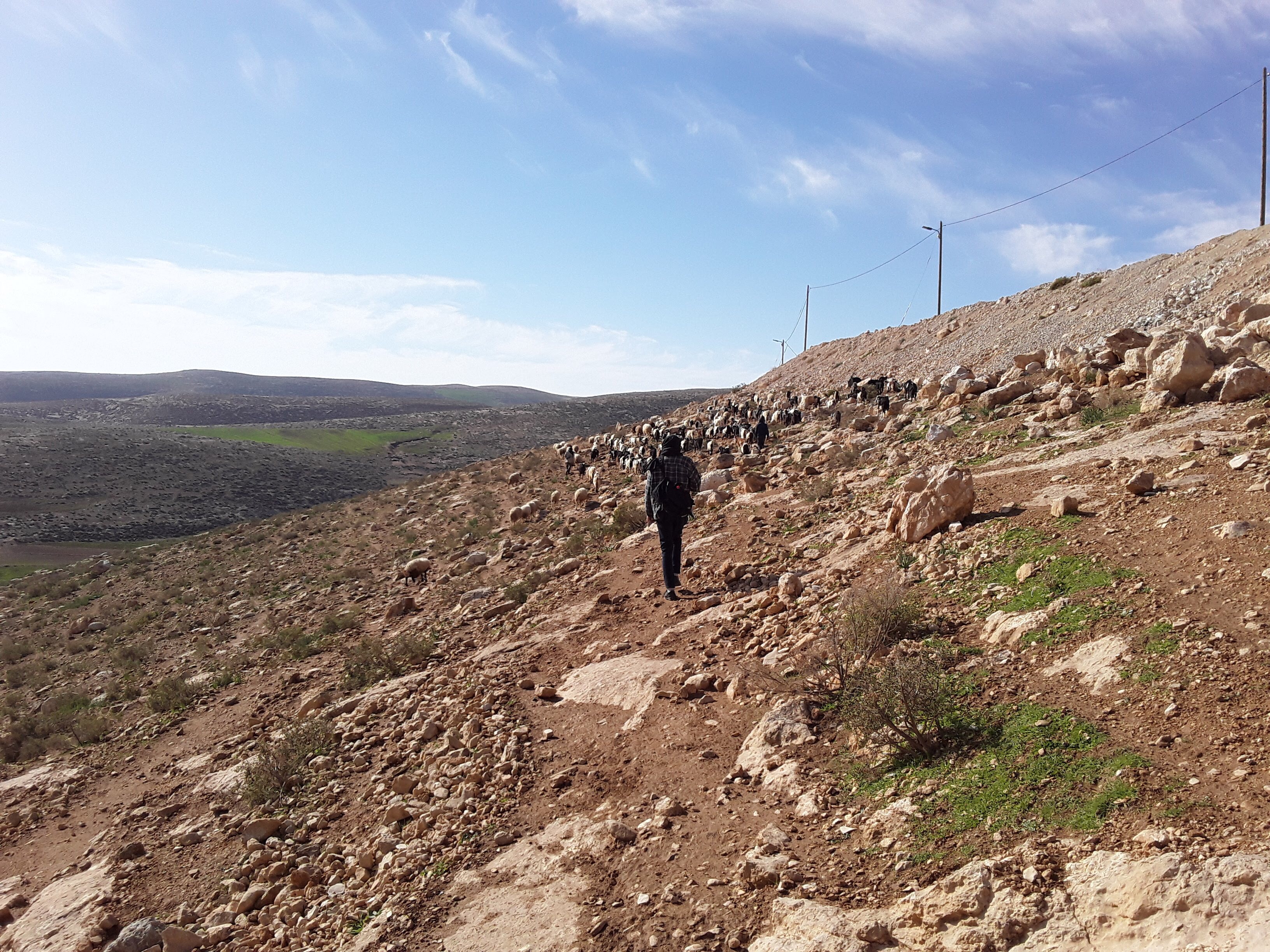Tag: Olive Trees
-
Water Series: IOF destroy farmland east of Hebron – ISM speaks to owner Ghassan Jaber
July 30 2019 | International Solidarity Movement | Bit Arawa, occupied Palestine This is the first of a series of reports documenting the control and devastation of water sources by Israel as a tool of oppression. On Thursday 18th July Israeli Occupation Forces (IOF) came to the Al Baqa’a area, east of Hebron, and…
-
Settlers’ continue to terrorize Al-Khalil
17th February 2019 | International Solidarity Movement, Al-Khalil team | Hebron, occupied Palestine At the end of January the occupation barred international ‘observer’ groups from Al-Khalil (Hebron), who were stationed throughout the city for more than 20 years, following the massacre of 29 Palestinians inside Ibrahim mosque in 1994 by a fanatical Israeli terrorist.…
-
Resistance in the South Hebron Hills
In early January, ISM activists visited the villages of Um al-Khair and At-Tuwani in the South Hebron hills in order to participate in renovation work on ancient caves and to bear witness to recent settler violence in both villages. The villages are located in Area C of the occupied West Bank, occupied Palestine, an area…


